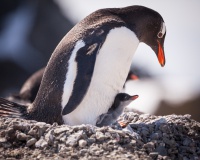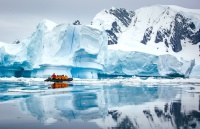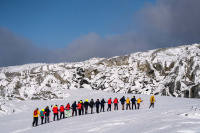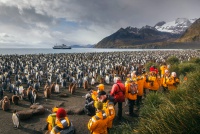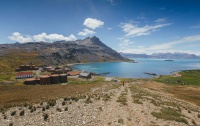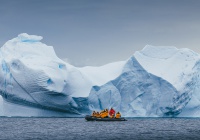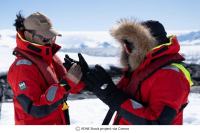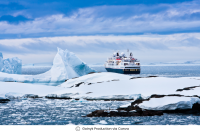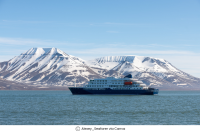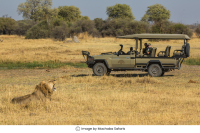-
Invisible Climate Crisis: Why Emperor Penguins' Dropping Birth Rates Demand Attention
When you think of Antarctica, what comes to mind? Vast icy landscapes, glaciers, and, of course, penguins! Among these tuxedo-wearing residents, the emperor penguins stand out as the true kings of the frozen world. These creatures waddle and slide across the icy plains, creating an enchanting, almost comical, sight. Emperor penguins primarily reside in Antarctica, where they breed and adapt to its harsh conditions, often on sea ice near the coastlines and ice shelves. But beneath this seemingly jovial exterior lies a quiet crisis that is causing ripples and demands our attention.
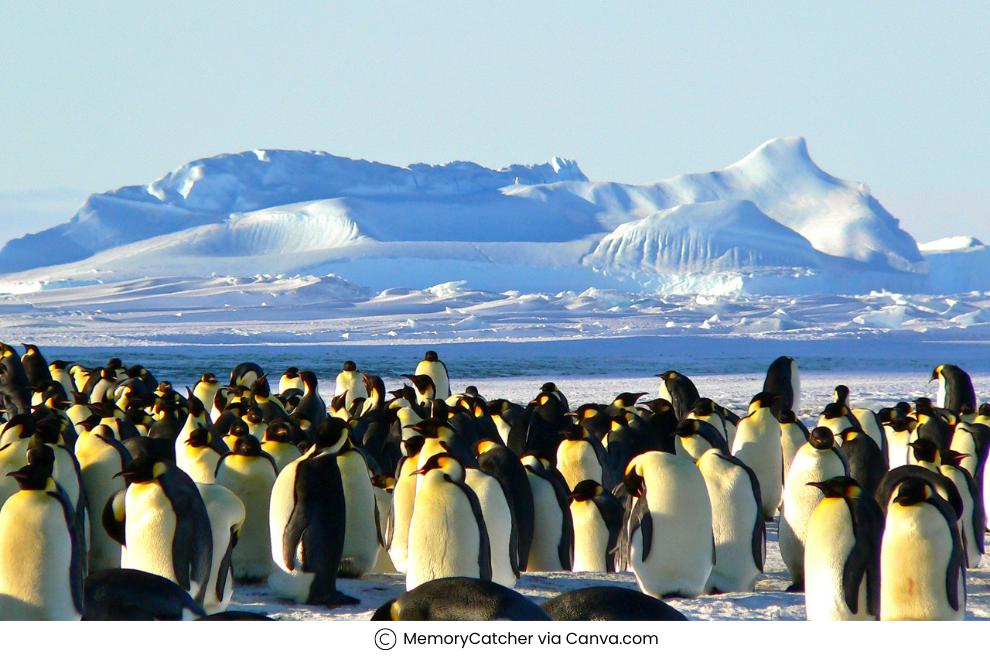
About Emperor Penguins
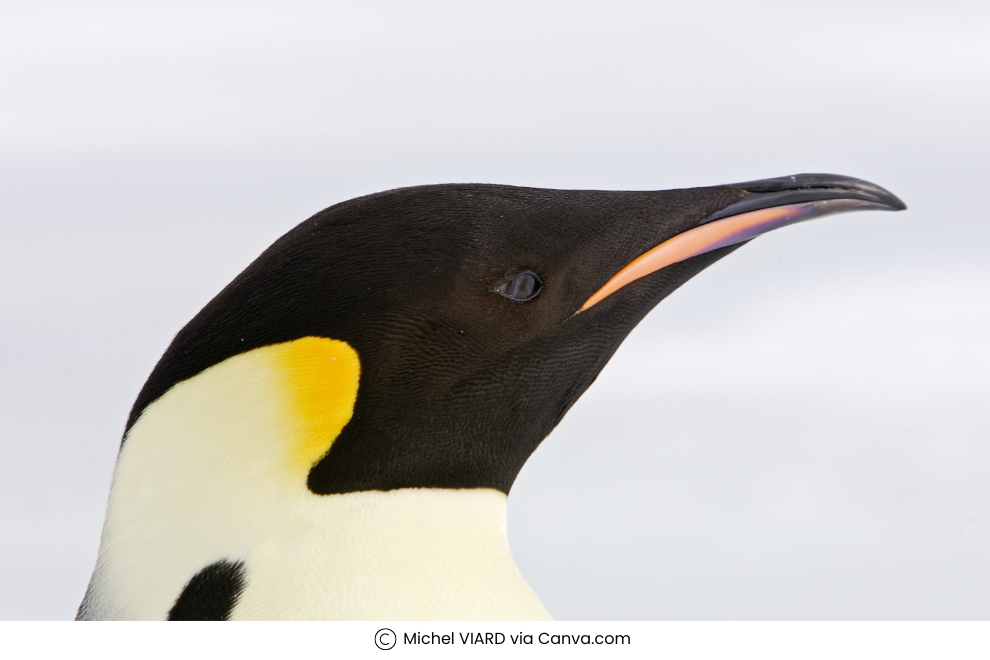
Picture this: You are on holiday to Antarctica, bundled up in your warmest gear, and standing amidst a sea of white. Suddenly, you spot them – a colony of Emperor penguins.
- They are tall, sleek, and incredibly charming with their striking black and white plumage. These birds are built to withstand the harshest conditions on Earth, waddling and sliding on their bellies to reach their hunting grounds beneath the ice.
- In Antarctica, there are around 600,000 emperor penguins spread across about 60 colonies.
- In recent years, Antarctic sea ice reached record lows, with the two lowest points occurring in 2021-2022 and 2022-2023. Between 2018 and 2022, surveys by the British Antarctic Survey (BAS) showed that 30 percent of the 62 known emperor penguin colonies in Antarctica experienced some level of sea ice loss.
These ongoing changes make us reflect on the significant shifts happening in this icy world and the new challenges faced by these iconic birds.
Stats on the Decline
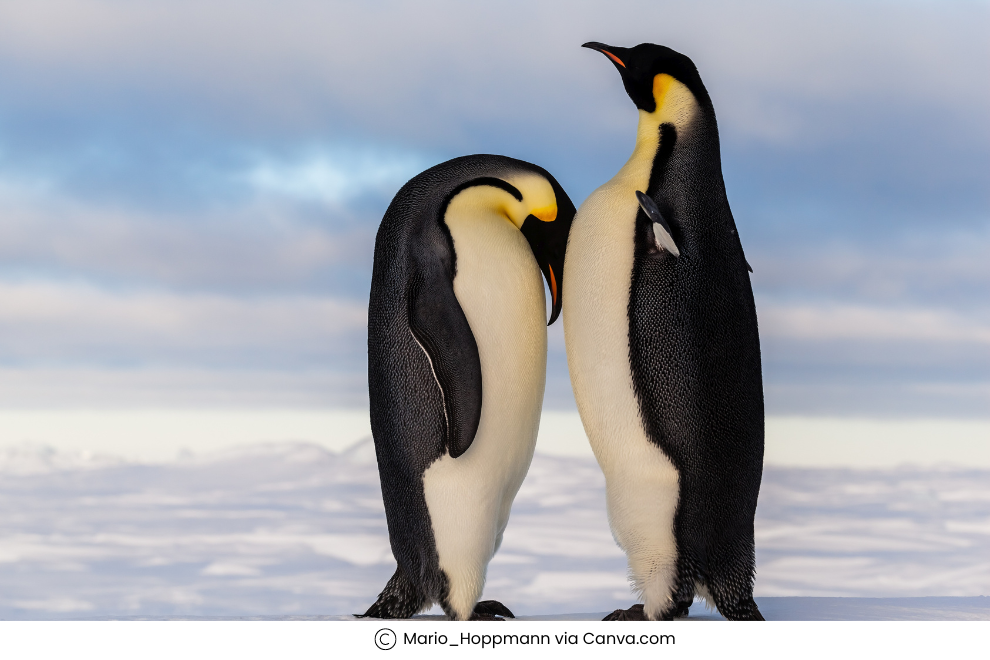
Over the past few decades, the Emperor Penguin populations have reduced by nearly 50%. This decline is not just a minor hiccup; it is a significant drop that concerns scientists and nature enthusiasts.
In the 1970s, an estimated 600,000 breeding pairs of Emperor Penguins were in Antarctica. Fast forward to today, and that number has plummeted to around 300,000 pairs.
Emperor Penguins are often considered guards of the climate crisis because their lives are closely tied to the conditions of Antarctica. Their population decline is not merely a matter of concern for these charming birds alone; it is an alarm bell ringing for the entire planet.
As they struggle to adapt to a changing environment, it is a stark reminder that we must think about travelling responsibly.
Reasons Behind the Decline
So, what is causing this decline in the birth rates of these creatures? Well, there are a few reasons at play
1. Climate Change:
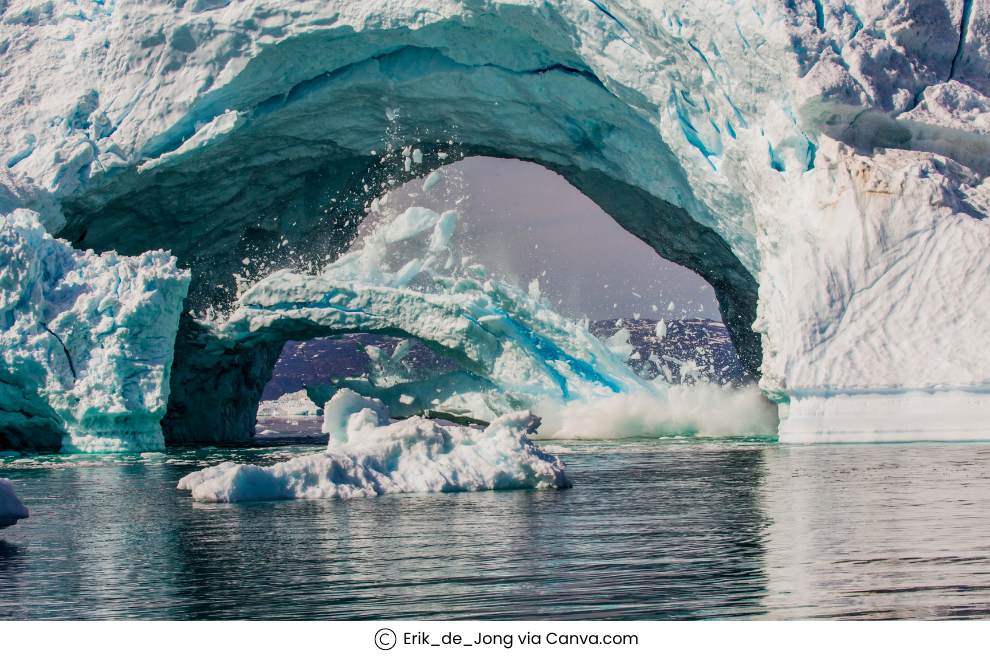
Antarctica is warming up rapidly, disrupting the delicate balance of the penguins' habitat. This warming has led to a reduction in sea ice, making it challenging for penguins to find food and rear their chicks.
2. Increased Storminess:
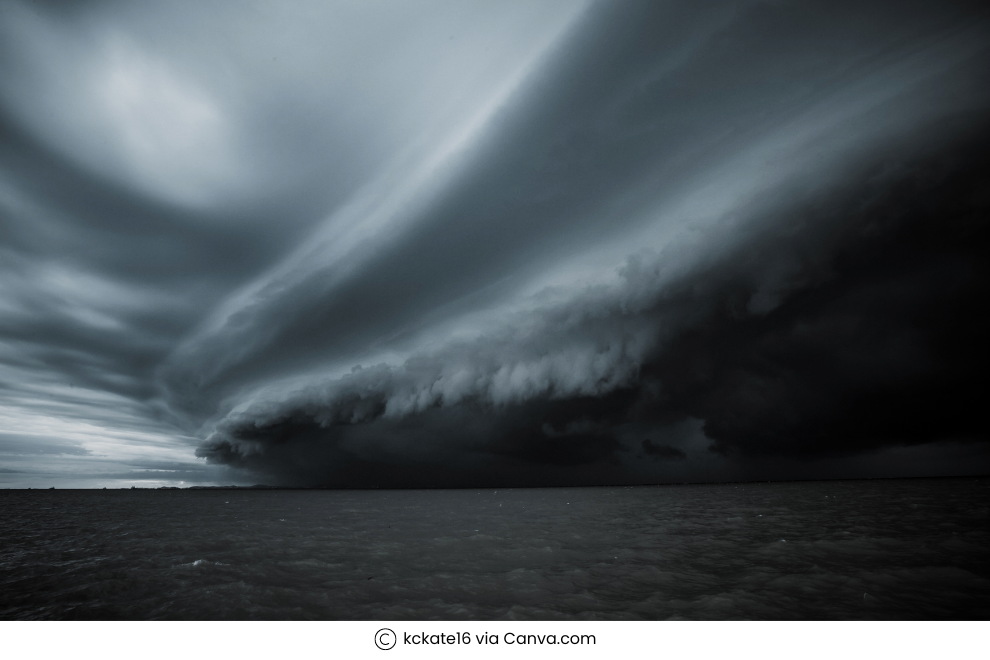
More frequent and severe storms are making life tougher for Emperor Penguins. These storms disrupt their breeding and foraging patterns, akin to trying to host a grand ball during a hurricane.
3. Lack of Responsible Travel:
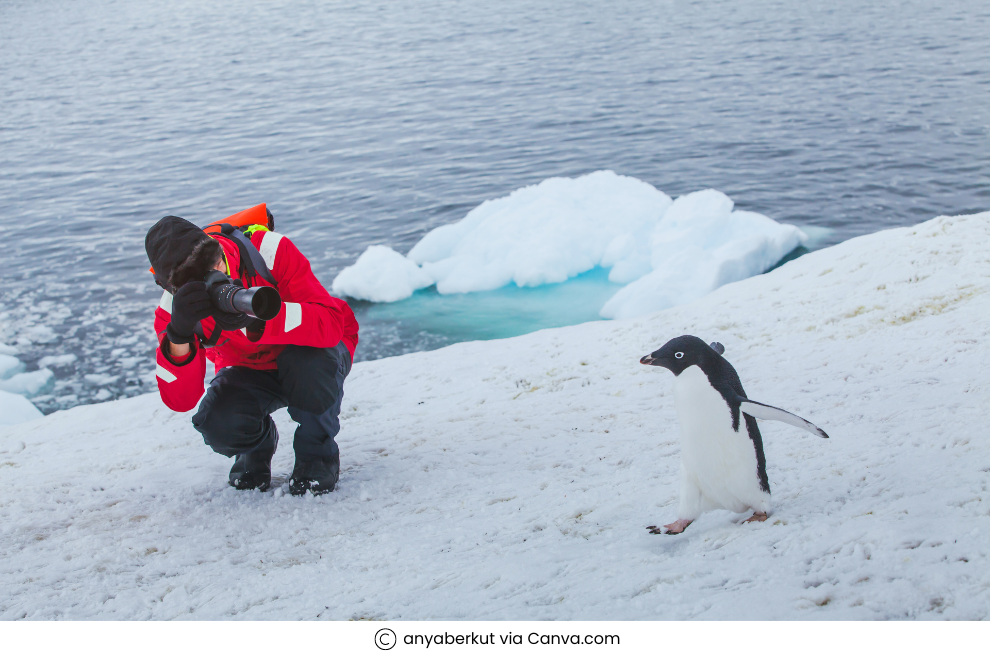
As tourism in Antarctica expands, a lack of responsible travel practices can lead to human disturbance, which disrupts penguin colonies, causing stress and potentially affecting their reproductive success. However, organisations like IAATO, and tour operators who are partnered with IAATO echo their committed to conserving this unique destination, actively work to mitigate these negative impacts by implementing measures that protect the delicate ecosystems of Antarctica post-travel
4. Reduced Food Availability:
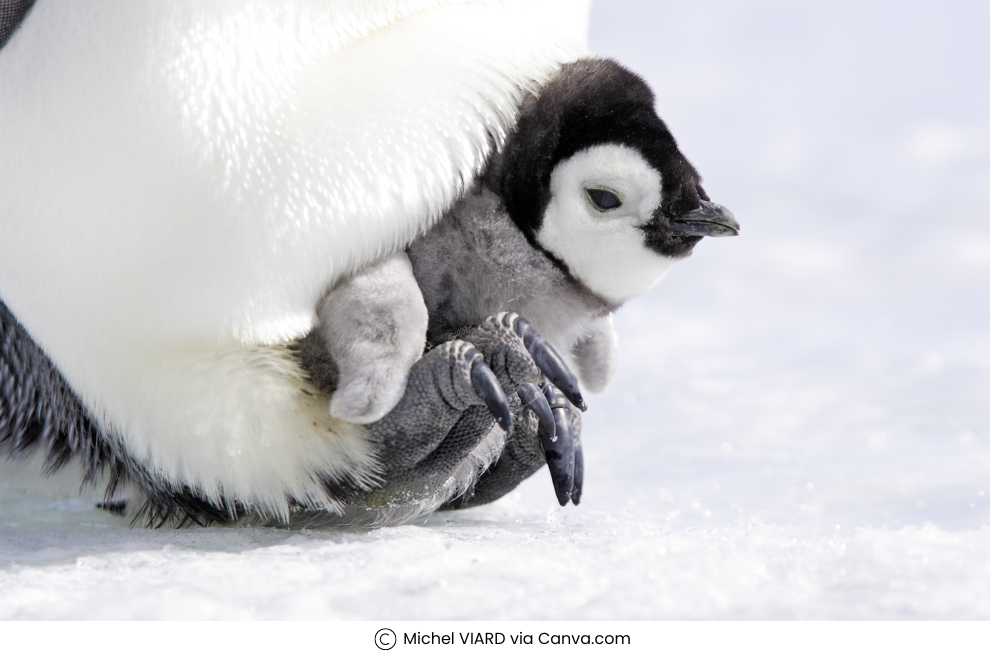
Changes in ocean currents impact the availability of prey for penguins, making it harder for them to feed their young.
5. Predation:
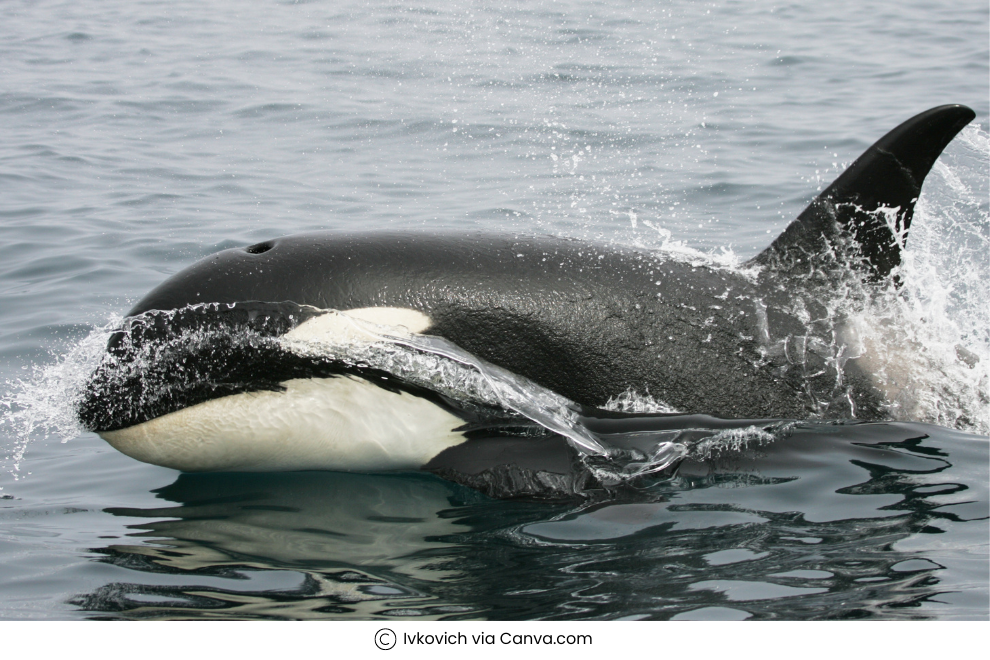
Natural predators, like seals and orcas, pose a threat to both adult penguins and their chicks, adding to the challenges they face in raising their offspring.
These factors combined create a perfect storm of challenges for Emperor Penguins, making it crucial for us to take action to help them thrive once more.
Impact on Antarctica Due to the Decline
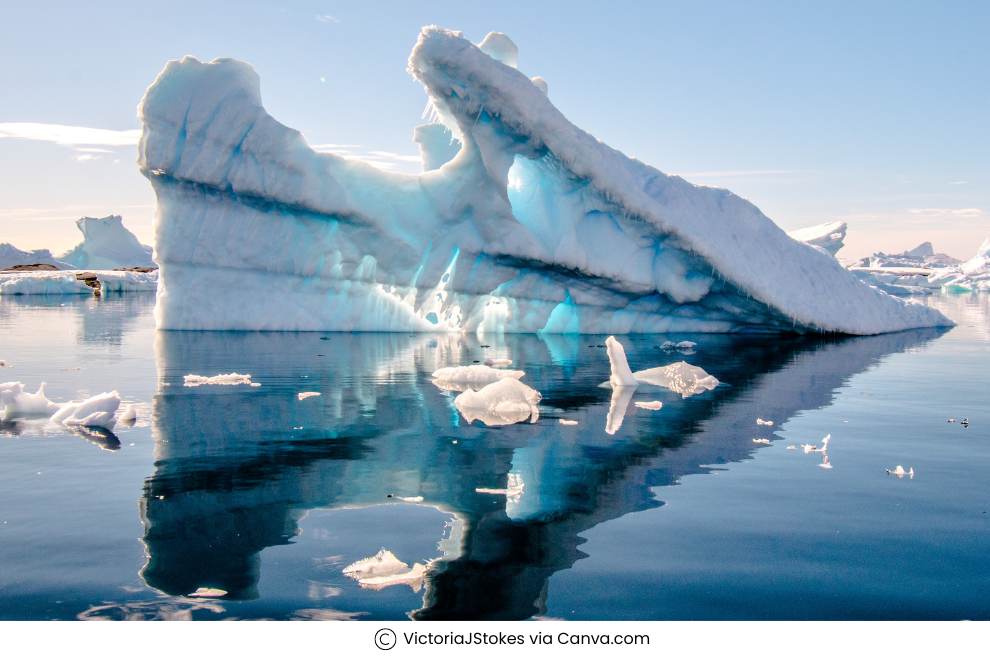
You see, penguins are more than just cute birds; they are integral to the Antarctic ecosystem. Their guano (that is penguin poop) provides essential nutrients to the icy land, supporting the growth of algae and plankton in the surrounding waters.
Let us take a closer look -
- A drop in the penguin population can set off a domino effect. As penguins decline, it can lead to changes in the distribution and abundance of their predators like seals and whales, further destabilising the delicate balance of the ecosystem
- The reduction in penguins can have implications for climate change. As the growth of algae and plankton is hampered, it can affect the absorption of carbon dioxide from the atmosphere, which algae are known to play a role in. This can worsen global climate change
- Emperor penguins are a major attraction for tourists and a source of education about the Antarctic ecosystem. Their decline may diminish the educational and economic value of tourism in the region
- The emperor penguins are also subjects of scientific research, providing insights into climate change impacts on their population and habitat. Their decline can impede our ability to study and understand the effects of climate change in Antarctica
- A decline in emperor penguins can result in a loss of biodiversity and disrupt the intricate web of life that relies on their presence, potentially leading to long-term consequences for the entire ecosystem
- The reduction in penguin populations underscores the sensitivity of the Antarctic environment to human and environmental pressures, emphasising the need for responsible travel and conservation efforts in the region
Steps Taken by Organizations to Reverse This Effect
1. Creating Marine Protected Areas:
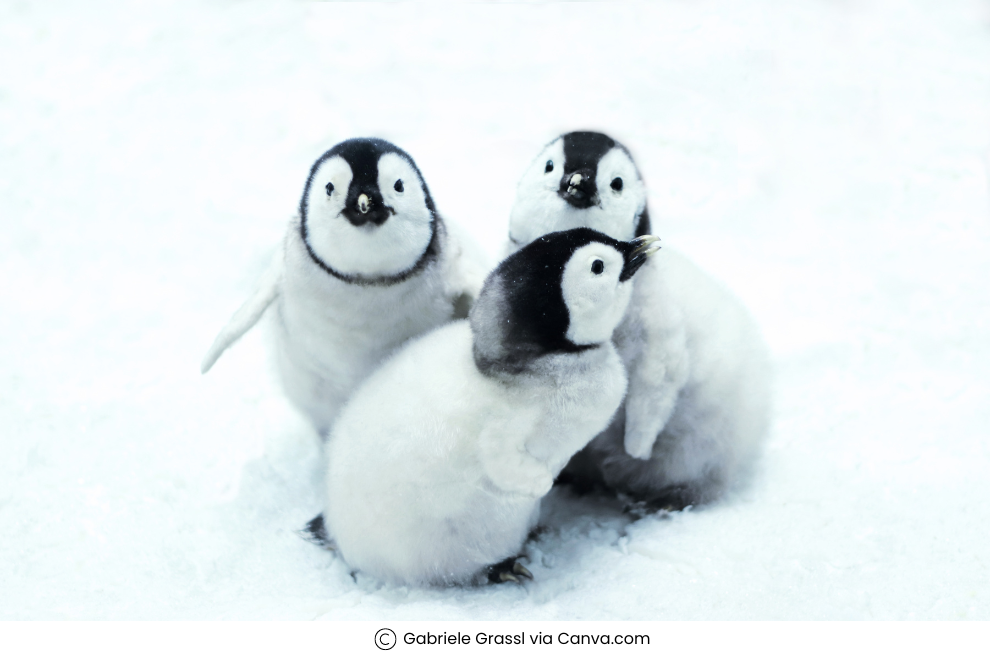
Conservation groups and governments are setting up marine protected areas around key penguin habitats. These areas act like a velvet rope around the dance floor, ensuring that penguins can hunt and raise their young without too much human interference.
2. Promoting Responsible Tourism:
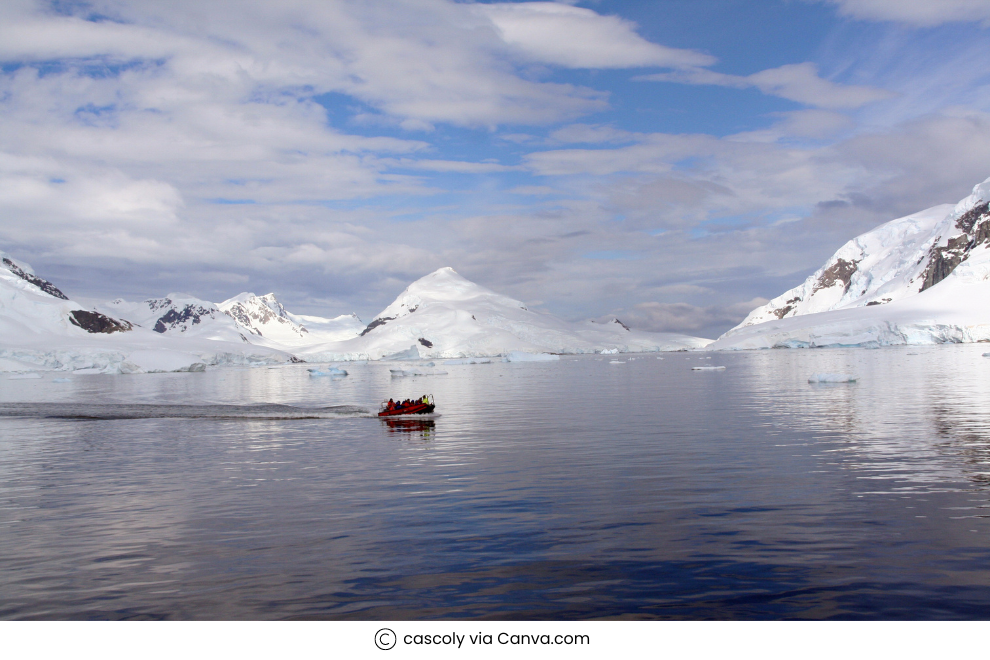
Just like us, many tour operators are committed to responsible tourism, ensuring that visitors have a memorable experience without disturbing the penguins or their surroundings. This involves educating tourists about the importance of preserving the delicate Antarctic ecosystem, ensuring that they leave only footprints and take only memories.
3. Scientific Research and Monitoring:
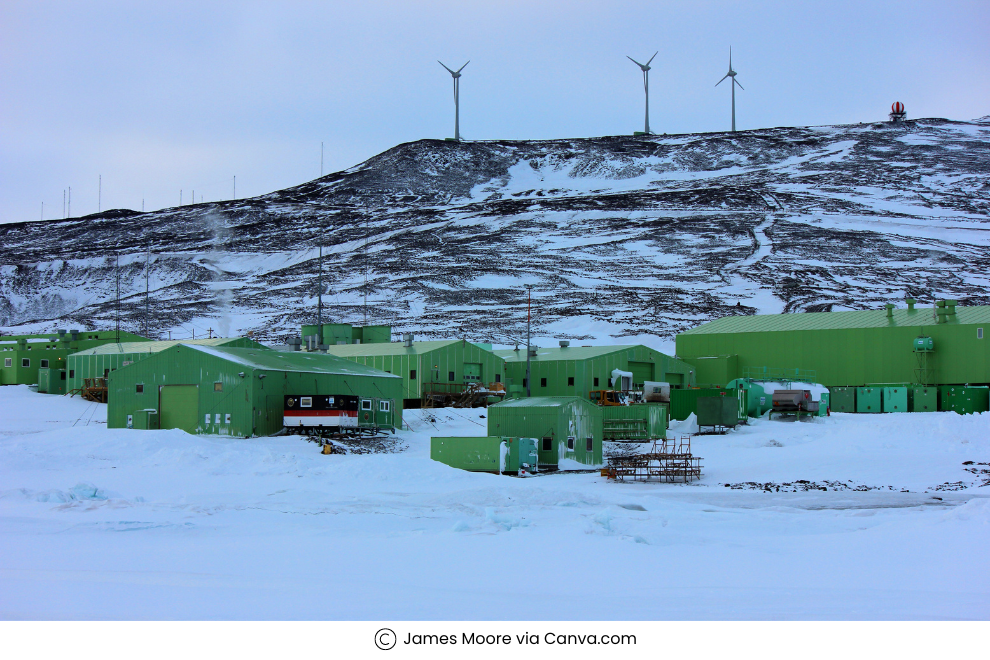
Scientists are conducting extensive research and monitoring programs to better understand penguin behaviour and the impacts of climate change. This knowledge helps inform conservation efforts and adapt strategies as needed.
4. International Cooperation:
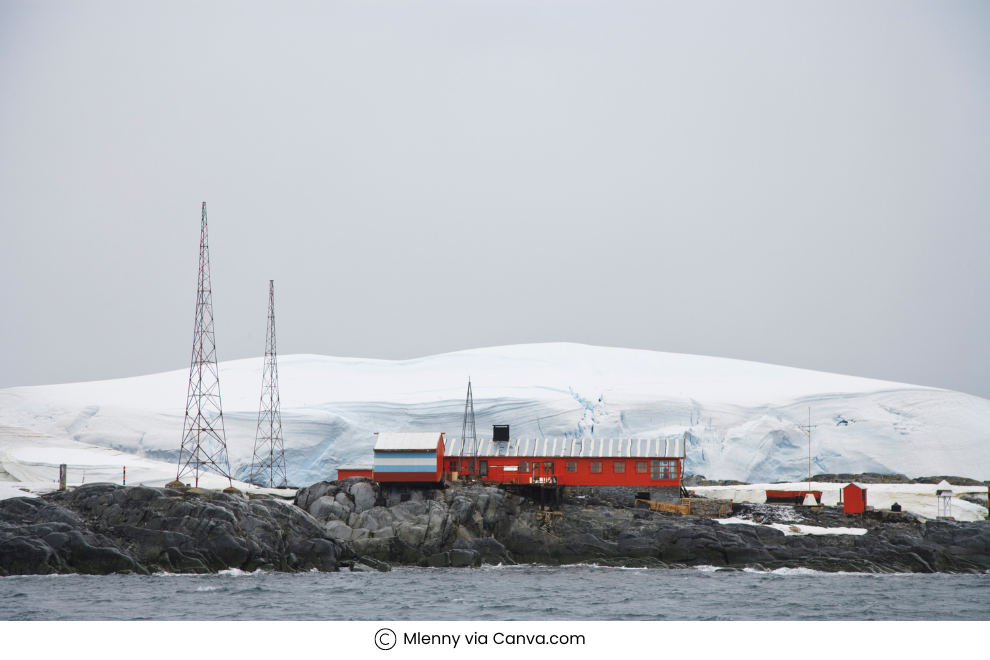
Recognising that the challenges faced by Emperor Penguins transcend borders, international cooperation is vital. Governments and organisations are working together to develop comprehensive conservation strategies that span the entire Antarctic region.
How UnWild Planet is practising responsible travel in Antarctica?
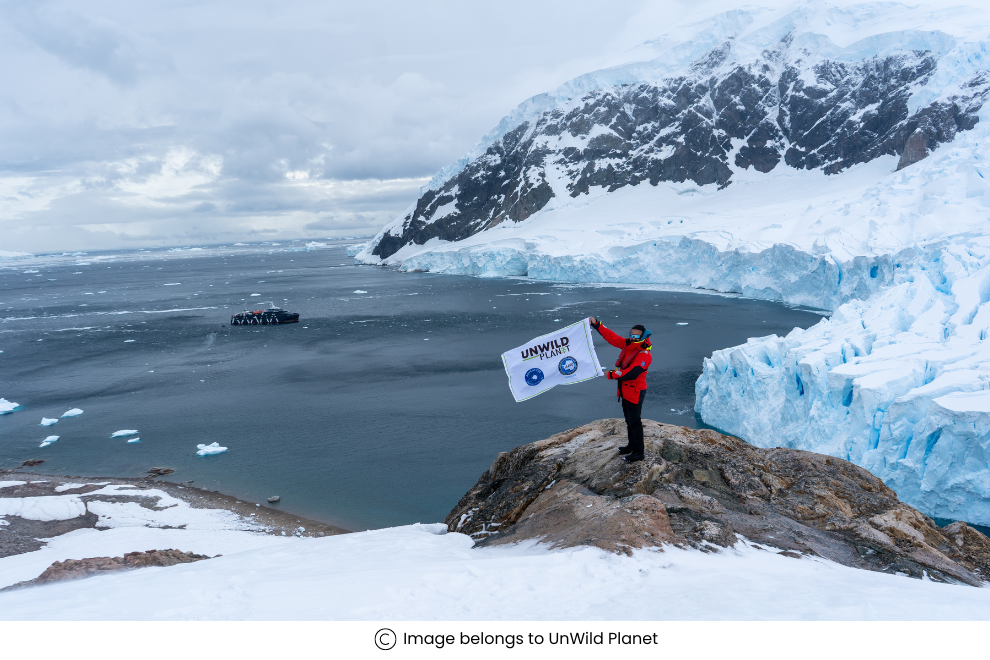
At UnWild Planet, we are all in for responsible travel in Antarctica – it is like a delicate dance between cherishing this breathtaking environment and ensuring your expedition is a once-in-a-lifetime experience. So, how do we attempt to strike that balance? Here's the lowdown -
- Partnership with IAATO: When you travel with us, you are with a team that is associated with the International Association of Antarctica Tour Operators (IAATO). This partnership is all about safeguarding the delicate Antarctic environment. We strictly follow their guidelines to minimise any harm
- Learn and Advocate: We believe travel should change you and help the planet. That's why we organise educational talks and workshops during your trip. You'll get to know more about the land, the animals, and the water around you. We encourage you to share this knowledge with a future traveller
- Keep it Clean: Keeping Antarctica clean is vital. When you return from an adventure, you'll need to take off your special jacket and store it safely. On the deck, the first thing you'll do is wash your shoes and clothes, so you don't carry any dirt or mess onto the ship. This keeps the environment safe
- Informative Seminars: Our travellers are not just here for the views; they are here to gain a deep understanding of the environment. We conduct daily educational seminars led by experts in various fields, including excursion leaders, wildlife experts, ship managers, and onboard photographers. These seminars cover a wide range of topics, from the unique wildlife of Antarctica to photography classes and it’s landscape
- Conservation Contributions: As part of our commitment to #RethinkingTravel, we go beyond just responsible practices. A portion of each traveller's fee contributes to building conservation efforts in the Antarctic ecosystem. This financial support ensures that our presence in this pristine wilderness results in a net positive impact, protecting the environment and local ecosystem
By adopting these measures, organisations and dedicated individuals are striving to reverse the decline in Emperor Penguin populations and protect the unique and delicate ecosystem of Antarctica for generations to come.
The quiet crisis of declining birth rates among Emperor Penguins may seem like a distant issue, but its impact is felt across Antarctica's delicate ecosystem. These regal birds are more than just inhabitants of the frozen continent; they are the heartbeats of a unique and fragile environment.
As traveller’s and nature enthusiasts, it is our responsibility to spread awareness about the challenges these penguins face and support initiatives aimed at protecting their habitat. Imagine standing on the icy shores of Antarctica, surrounded by the profound silence of nature, knowing that you contributed to the preservation of this pristine world for generations to come. That is the kind of travel experience that truly matters, and it is within our reach to make it happen.
Ready to embark on your next adventure? Fill out the form below and let our experts curate your dream getaway!
All Fields are mandatory*-
Related Tours
-
Recent Blogs
